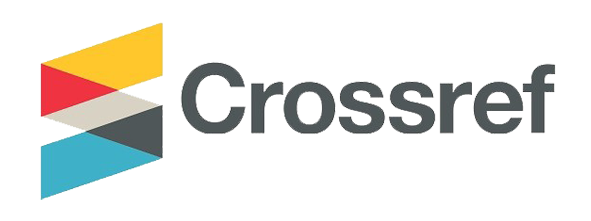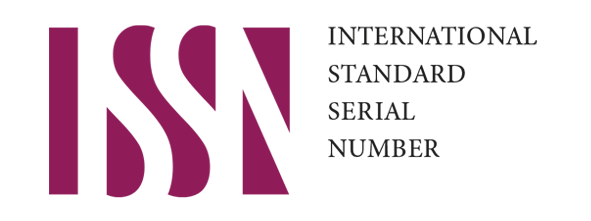The Effect of Guided Conversation Method Toward Students’ Speaking Ability in Eleventh-Grade of MAN 2 Bukittinggi
DOI:
https://doi.org/10.51178/jsr.v5i3.2081Keywords:
Guided Conversation Method, Speaking Ability, Quasi-Experimental DesignAbstract
This study aims to investigate the effect of using the guided conversation method on the speaking ability of eleventh-grade students at MAN 2 Bukittinggi. The research was motivated by the observation that students' speaking scores were below the standard, and teaching methods tended to emphasize memorization. Additionally, students struggled with speaking in English and received limited feedback on their performance. This quasi-experimental research involved pre-tests and post-tests with an experimental and control group. The sample consisted of 58 students selected through cluster random sampling, divided equally into two classes. A speaking test was used as the research instrument, and inter-rater reliability was applied to ensure test consistency. Data analysis included normality and homogeneity tests, while hypothesis testing employed paired sample T-tests and independent sample T-tests using SPSS. The results showed a significant improvement in the speaking ability of students taught using the guided conversation method (Sig. < 0.05). Moreover, a comparison between the experimental and control groups revealed a significant difference, with the experimental group achieving higher post-test scores. Thus, it can be concluded that the guided conversation method effectively improves students' speaking ability.
Downloads
Published
Issue
Section
License
Copyright (c) 2024 Education Achievement: Journal of Science and Research

This work is licensed under a Creative Commons Attribution-ShareAlike 4.0 International License.














